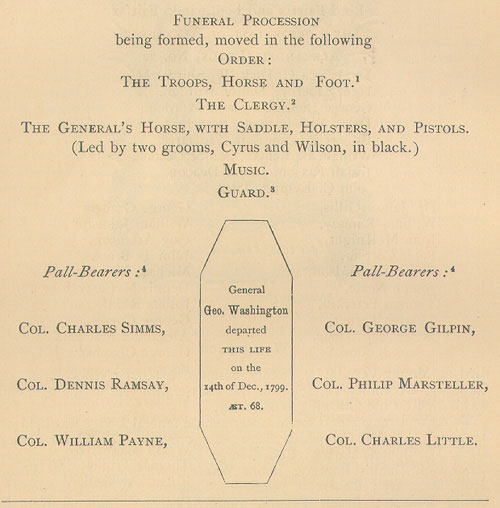 When this transaction occurred in 1790, George Gilpin's close friend, George Washington, was president. George Washington had just given America's first State of the Union address six months before, and the Supreme Court was meeting for the first time.
When this transaction occurred in 1790, George Gilpin's close friend, George Washington, was president. George Washington had just given America's first State of the Union address six months before, and the Supreme Court was meeting for the first time.
America was still the 13 original colonies, less than 10 percent of its present size. Nine years later, George Gilpin would serve as a pallbearer in George Washington's funeral procession.
The lives of everyone involved in this transaction were quite impressive. George Gilpin was a fellow Mason like George Washington. His now well-known 1798 map of Alexandria is still in print. See below.
If you're thinking this all sounds a bit familiar, that's because I wrote about another friend of George Washington's, Colonel John Fitzgerald, and a check just a couple of weeks ago. George Washington actually wrote of the three of them having dinner together in 1786.
Mount Vernon wrote about George Gilpin on their website:
George Gilpin was born in 1740 in Cecil County, Maryland, the youngest son of Samuel and Jane Gilpin. Gilpin moved to Alexandria before the Revolutionary War, where he worked as a wheat merchant and served on the Fairfax County Committee of Safety in 1774. The following year he was named Alexandria's inspector of flour.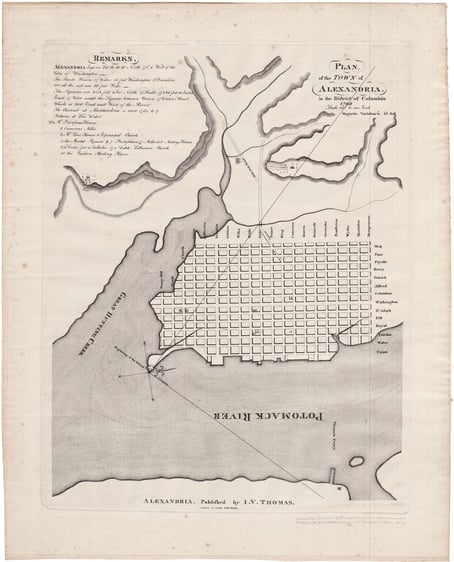
During the Revolutionary War, Gilpin became a colonel in a regiment of Fairfax County militia in July of 1775. Gilpin accompanied George Washington to Dorchester Heights as an aide, and stayed with him as they fought through New Jersey and at the Battle of Germantown.
After the war Gilpin returned to Alexandria and held a number of prominent positions, including Commissioner for paving & grading the streets, a directorship of the Potomac Company, judge of the Orphans' Court (1800), and Postmaster of Alexandria (1809). In addition, Gilpin served as one of the commissioners negotiating the interstate controversies concerning the Potomac River in 1785. Like George Washington, Gilpin was a member of the Alexandria-Washington Masonic Lodge and took an active role in the Potomac Company. Gilpin also served as a vestryman at Christ Church.
Colonel Gilpin visited Mount Vernon frequently both as a dinner guest and on business, and George Washington dined and spent the night at Gilpin's home on several occasions. Gilpin also loaned Washington a scow (a large flat-bottomed boat with square ends) in November of 1785, to collect mud from the Potomac as an experimental fertilizer. He died in 1813.
Josiah Watson was a very wealthy landowner and respected merchant in Alexandria. After the original publication of this article, Kevin C. sent the linked PDF about Josiah Watson. He wrote the check to George Gilpin who then endorsed it to Joshua Gilpin. Is this the same Joshua Gilpin? All I can say is that I'm certain this check passed through interesting hands.
The document reads (images below transcription):
Alexandria August 4, 1790
Exchange for 30 pounds
15 days after sight, pay Colo. George Gilpin on order, 30 pounds Virginia currency, value received, and charge the same as advised by
Josiah Watson
Mesr Andrew Crow of
Philadelphia
Accepted 7 August Andw. Crow
On verso
Amt? at Bank
Pay to Mr. Joshua Gilpin
On order
George Gilpin
For Joshua Gilpin
Thomas Samual and Mrs? Fisher
1222
A Crow
100
22 aug
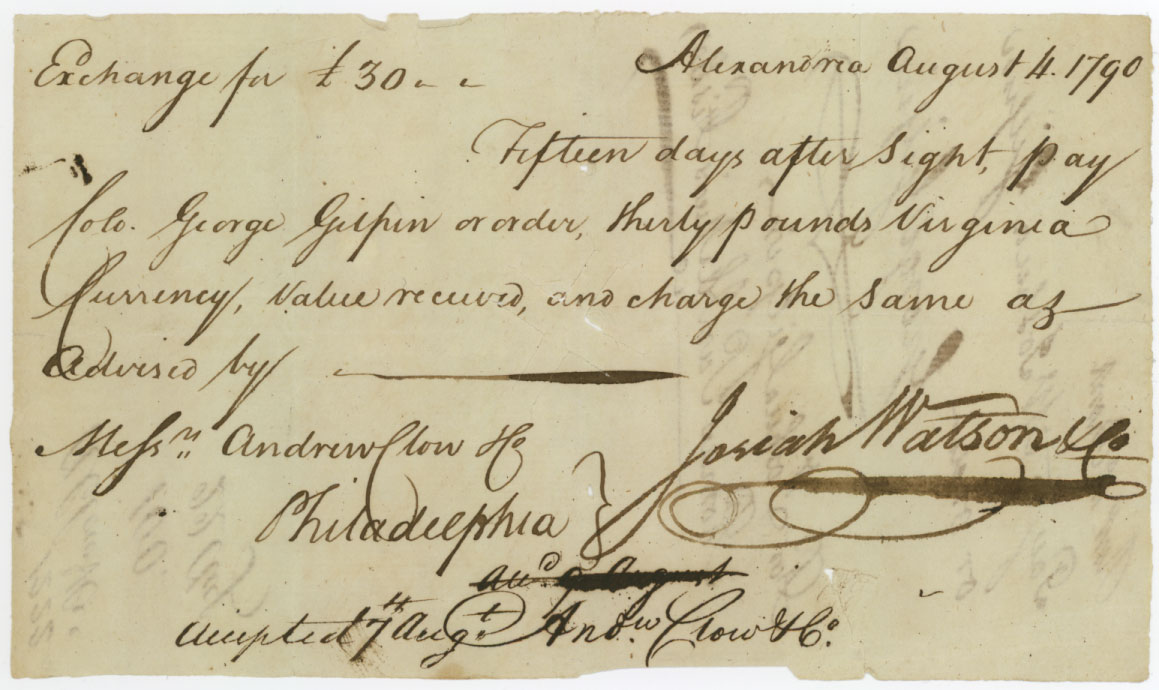
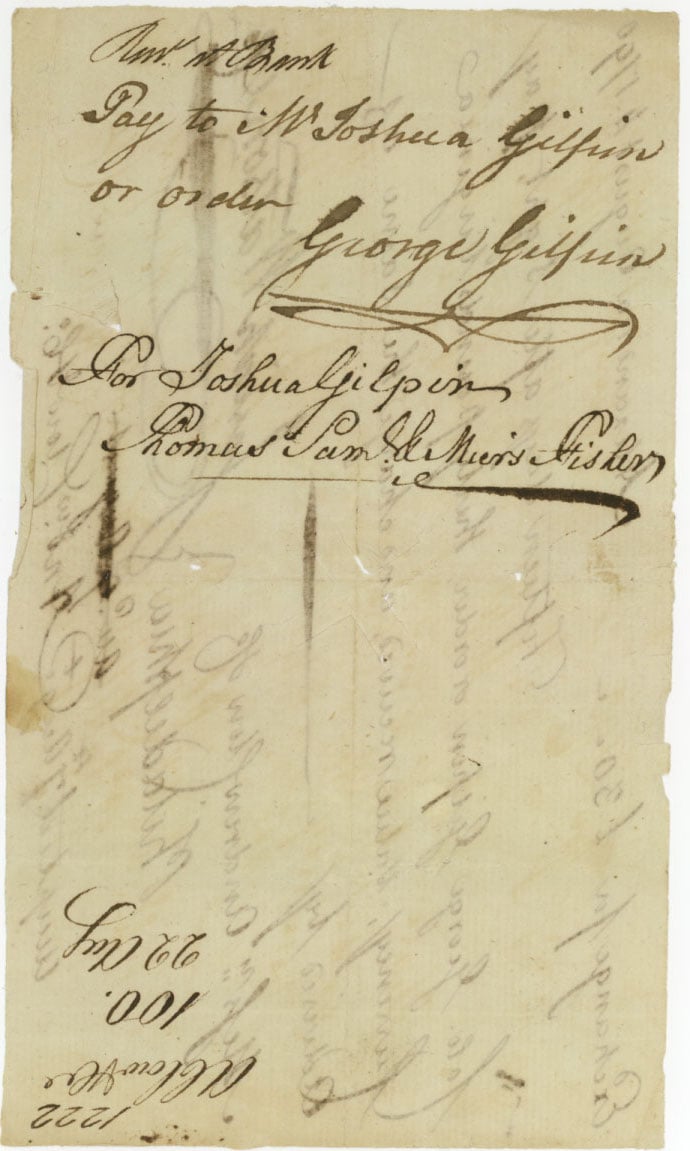
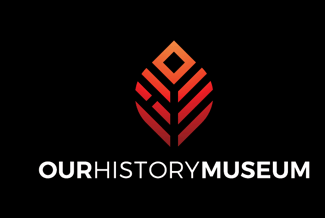
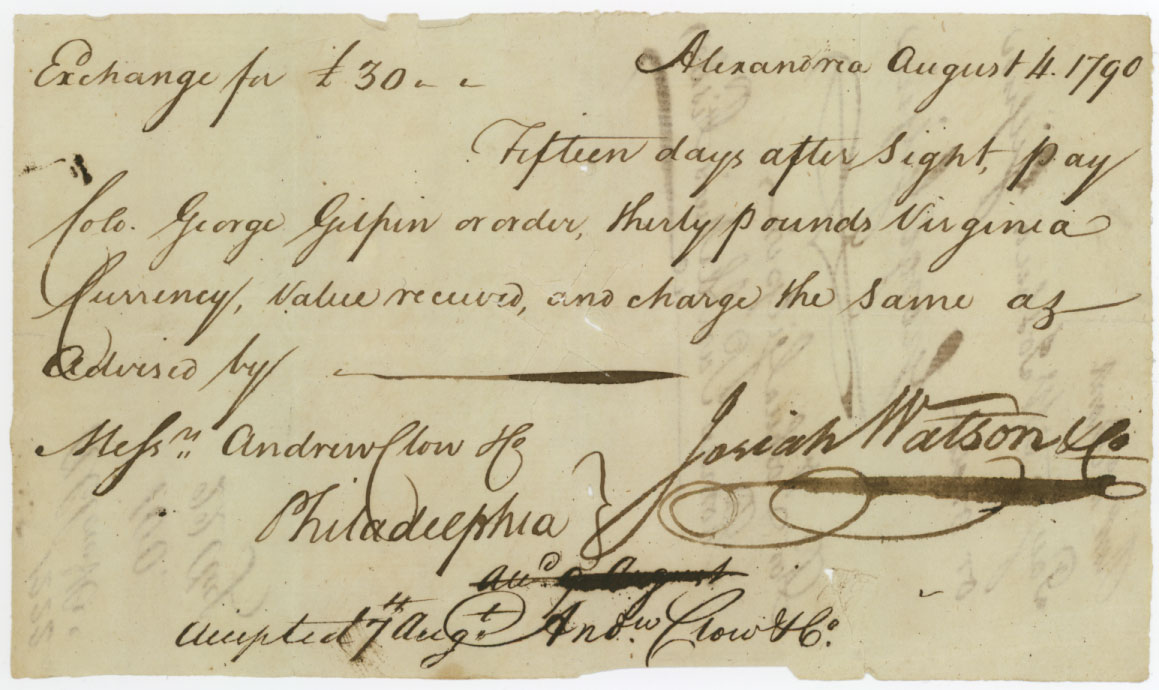
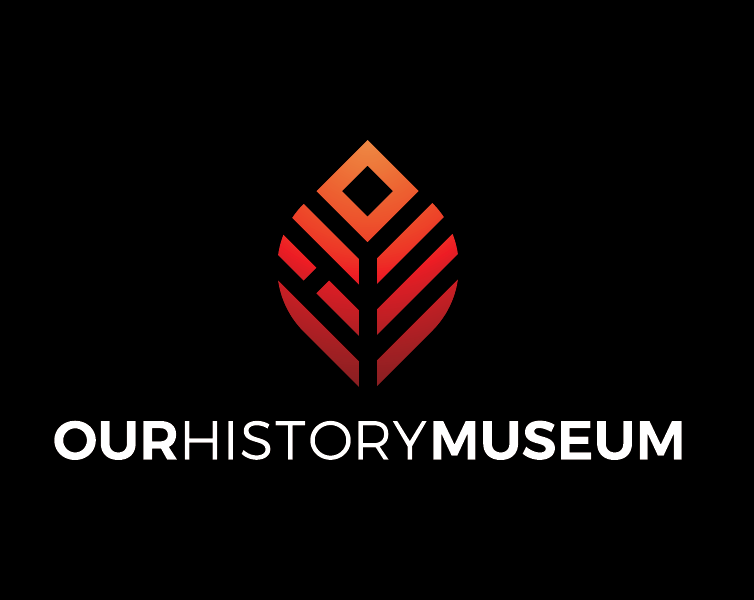
Leave Comment